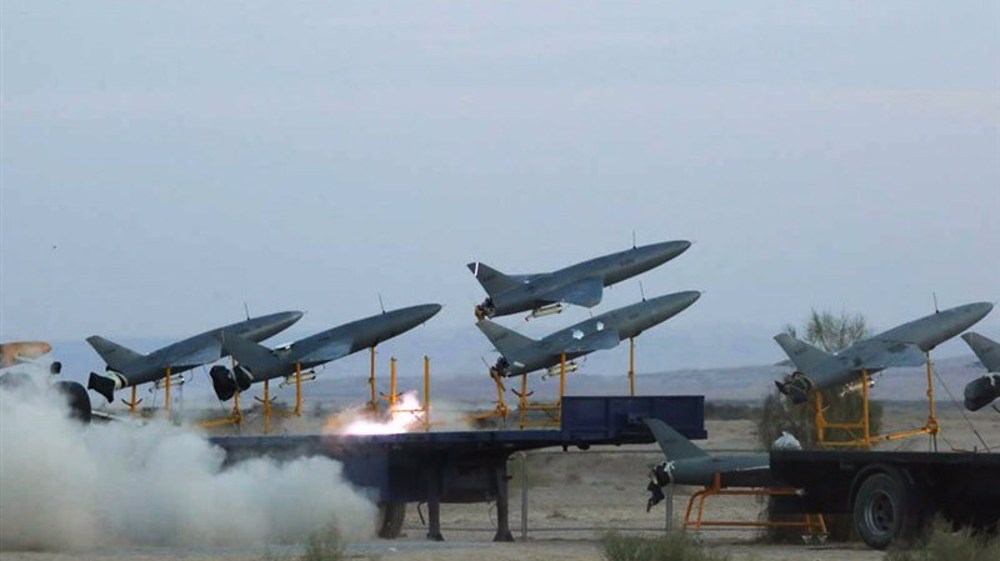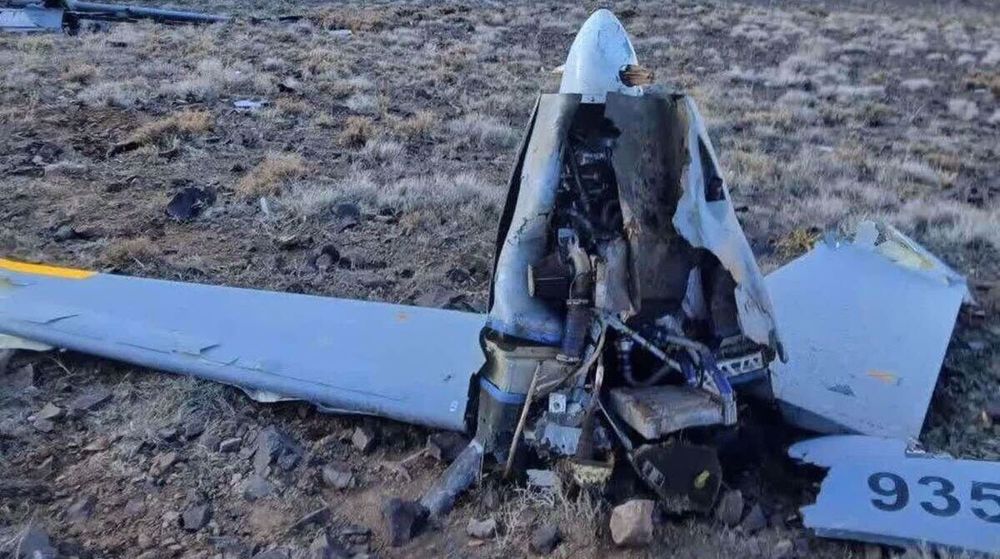The Chinese government issued its first petroyuan-denominated long-term oil trading contracts in the spring of 2018, with the move posing an audacious challenge to the petrodollar - the powerful instrument of global trade and finance ensuring the US dollar's status as the de facto world reserve currency for over 50 years now.
Saudi minister of industry and mineral resources Bandar Al-Khorayef told the South China Morning Post this week that Riyadh is ready to “do what’s in its best interest” and “try new things,” including as far as the use of the petroyuan in settlements for crude oil are concerned.
The comments, made on the eve of Chinese Premier Li Qiang’s trip to Saudi Arabia and the UAE starting Wednesday to discuss expanded cooperation with the oil rich Gulf kingdoms, signal a "new dawn" in relations between China and Gulf powers, Dr. Wang Zhimin, director of the Institute of Globalization at China’s University of International Business and Economics, told Sputnik.
“In energy cooperation between China and the Middle East, settlements using the yuan have become an important topic. The expansion of the use of the currency in settlements for energy transactions is a gradual and long-term process that requires step-by-step reforms, opening up, and natural market selection. In addition, given the relationship with the United States, the process of using the yuan to settle cross-border oil transactions by countries such as Saudi Arabia may encounter certain difficulties,” Wang said, pointing to US efforts to shore up the petrodollar as Washington’s global economic hegemony fades.
Pointing to the trend of “dedollarization” in China-Middle East trade, Wang cited the currency swap agreement reached between Beijing and Riyadh last year, and interest in using the yuan for oil payments as a reflection of a “growing trend of diversification of the international monetary system, including the decline of the dollar’s share in international payments.”
Russian economist Nikita Maslennikov says the petroyuan has good prospects as a major alternative to the petrodollar, which could leave it accounting for up to 8% of global transactions by 2030, notwithstanding “strong pressure, including political pressure, from other market players," and other factors.
“Sooner or later a single BRICS settlement system will emerge, and Saudi Arabia is also going to be part of it,” Maslennikov said, noting that it’s “extremely difficult” to predict the future status of the petroyuan amid plans by some countries to forge ahead with an “energy transition,” and take other steps, like launching digital currencies, which could lead “to a significant adjustment of settlements in national currencies.”......more below
A fresh wave of Iranian retaliatory strikes has crippled a major US air base in Bahrain, with strikes destroying command centers as Iranian forces continue launching firm response to the US-Israeli aggression.
"Ten key and strategic command points and equipment complexes of the American terrorist forces at the 'Sheikh Isa Air Base' in Bahrain were heavily hit by Iranian projectiles," The Islamic Revolution Guards Corps (IRGC) said in a statement on the 15th wave of operation "True Promise 4".
The targets destroyed included the air control command center of the American terrorist forces, aircraft fuel depots, and the building housing high-ranking American commanders, according to the statement.
Earlier in the day the IRGC announced that its naval forces launched a large-scale drone and missile operation on the US air base in the Sheikh Isa area of Bahrain early this morning .......more below
...
The Islamic Revolution Guards Corps (IRGC) has announced execution of the 16th wave of its underway Operation True Promise 4 against renewed Israeli-American aggression towards the Islamic Republic.
In a statement issued in late Tuesday, the Corps noted that it had struck the "heart and the northern parts of the occupied territories" with "effective" missile and drone operations conducted by its Aerospace Division.
It cited some of the targets as the general staff of the Israeli regime's army and its ministry of war in Hakiriya, the strategic infrastructures lying in Bnei Brak, military targets stationed in Beit Hakfa, northeast of Tel Aviv, and the military center in Western Galilee.
According to intelligence sources and field monitoring, enemy military casualties have increased to more than 680 killed and wounded by the fourth day of the reprisal, the Corps stated.
The statement pointed to "operational weakness, technical gaps, and the reduced computational capability in the multi-layer defense ...
The Iranian army has reported that its air defense systems successfully destroyed six advanced enemy drones over the last 24 hours as they were flying over the Iranian territory.
In a communique issued on Tuesday, the army stated that the drones were intercepted and shot down by the integrated systems of the Khatam al-Anbiya Air Defense Base.
It further specified that six advanced “Hermes” drones were targeted and destroyed across various regions, including Isfahan, Qasr-e Shirin, Tabriz, Khuzestan province, and the greater Tehran area.
Since the beginning of the war on Saturday, a total of 35 advanced hostile drones have been intercepted and downed, the army reported.
These operations were executed by ground-based air defense units, fighter jets from the Air Force, and units of the Islamic Revolution Guard Corps (IRGC), all operating under the country’s integrated air defense network.
Iran’s military has been conducting sustained retaliatory attacks against the American ...















